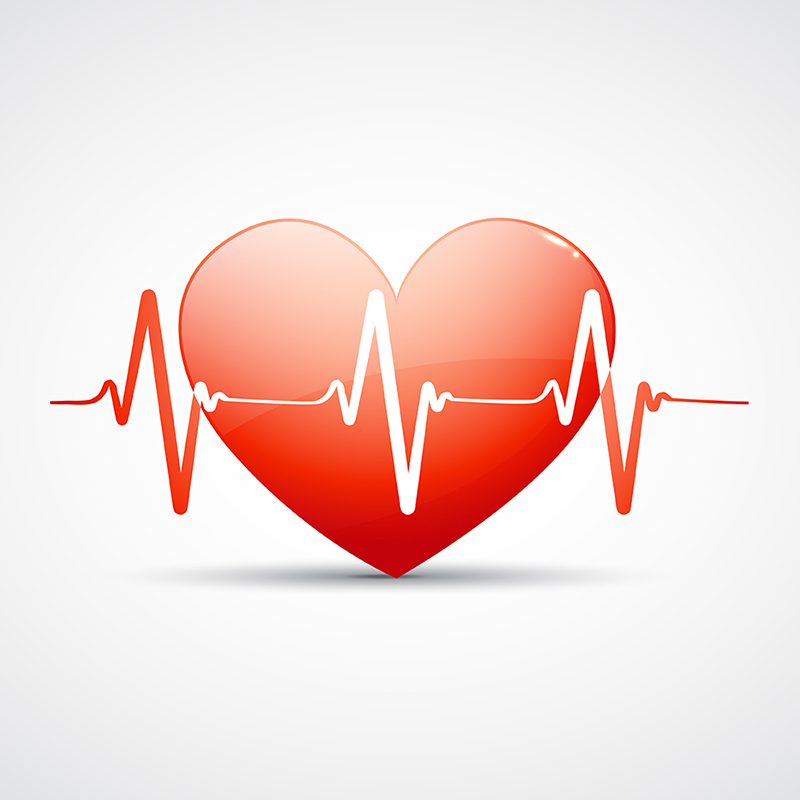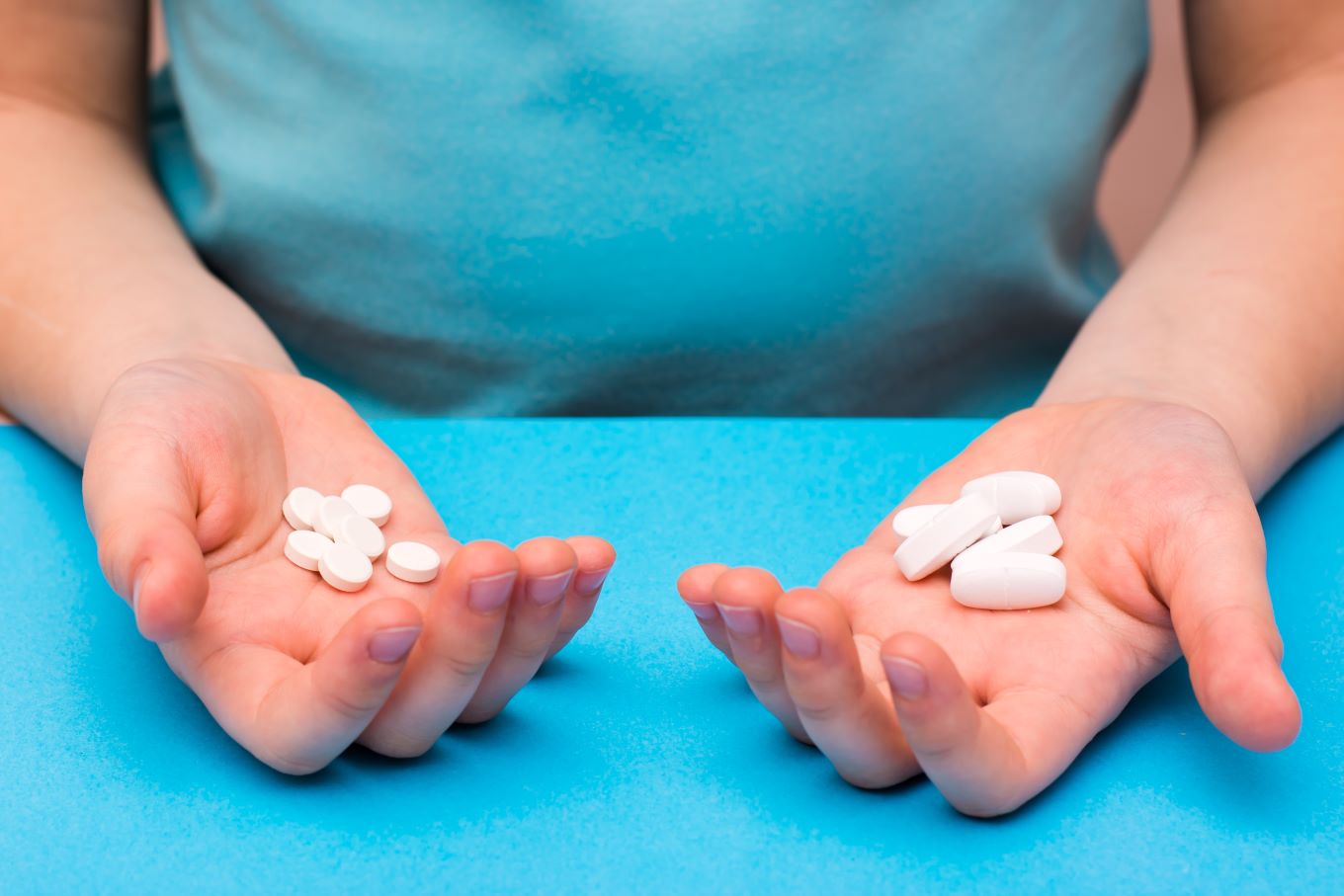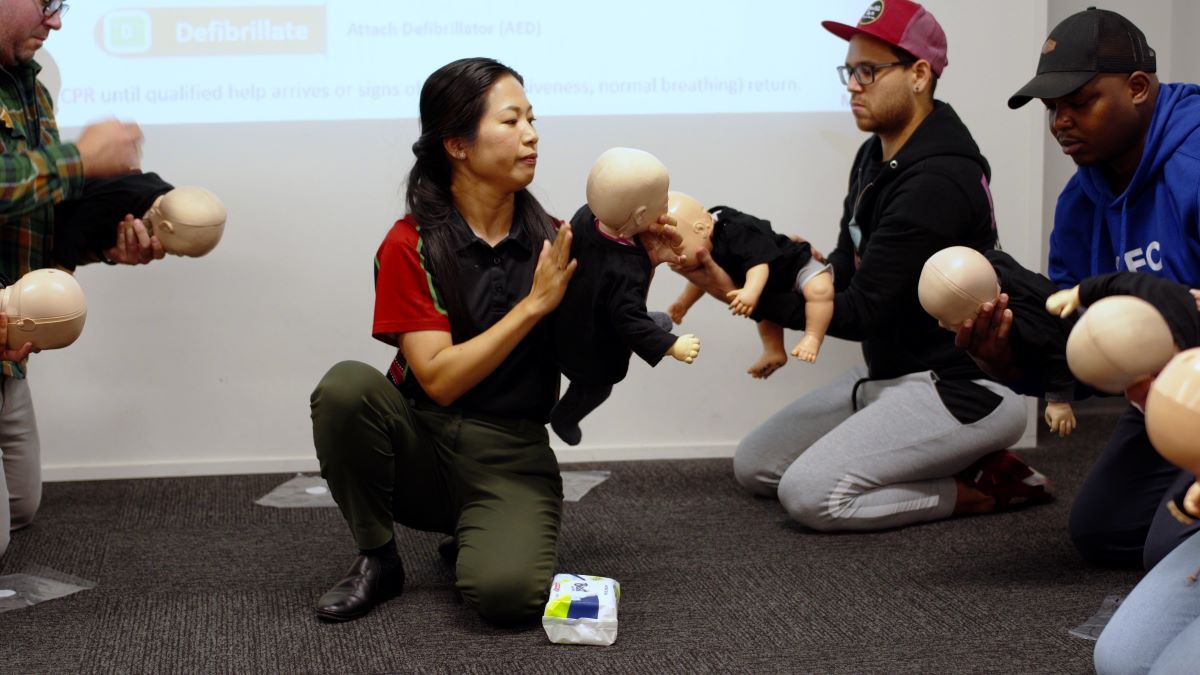High cholesterol affects many people over the age of 20, causing thousands of deaths in Australia. As common as the condition may be, many people still don’t know the proper way to manage high cholesterol.
What is Cholesterol?
Cholesterol is a vital substance found all over the body that helps it to function properly. It is responsible for producing cell membranes, vitamin D, and other important hormones.
Cholesterol moves through the body on lipoproteins – which is a combination made of protein and fat (lipid). Hence, the names for the two main types of cholesterol:
- LDL (low-density lipoprotein) or the “bad” cholesterol
This cholesterol raises a person’s risk of stroke and heart attack. Too much LDL in the blood can build up in the arteries. It can create a plague that will eventually restrict the flow of blood.
- HDL (high-density lipoprotein) or the “good” cholesterol
This absorbs the cholesterol, then carries it back to the liver. The liver will then remove bad cholesterol from the body.
Cholesterol can be used for many different things however too much of it can cause serious health problems. A high level of LDL in the blood can cause fatty depositions to build up gradually in a person’s blood vessels. It can cause hyperlipidemia or commonly known as high cholesterol.
High cholesterol makes it difficult for the blood to flow through. It can result in stroke, heart attack, transient ischemia attack (TIA), and peripheral vascular disease.
Signs and Symptoms
There are no usual signs of high cholesterol, which is why it is important to get tested. You can have high cholesterol levels and still feel well. It is a silent killer, which means it happens without us knowing until it is too late.
Several factors increase the risk of serious problems from having a high level of cholesterol. The following factors increase the risks of serious problems associated with high cholesterol. These include smoking, high blood pressure, being overweight, and having diabetes.
Treatment for High Cholesterol
Making lifestyle changes is essential to reduce your cholesterol and improve your heart health. You may need to take medicines to manage your risks and avoid a heart attack or stroke.
Eating healthy is one of the most important factors in lowering your blood cholesterol level. Do your best to achieve and maintain a healthy BMI and get physically active. Manage your blood pressure and take medicines as prescribed. Avoid smoking and maintain your social and emotional health.
We recommend talking to your doctor to work out the best possible treatment for you.
Managing High Cholesterol
There are things you can do to keep your cholesterol level under control and reduce your risk of a wide array of diseases.
There are several ways that you can help to keep your cholesterol under control and reduce your risk of coronary heart disease.
- As part of your overall health monitoring, have your cholesterol level checked regularly. The higher your risk, the more often you should get tests and checkups.
- Cut out the trans fats and eat more omega 3-s foods. Trans fats found in fried and processed food should be removed from your diet. Instead, choose foods with omega-3 fatty acids that have many heart benefits. It is commonly found on some nuts, seeds, and fish, such as salmon and mackerel.
- Take medication for high cholesterol. If lifestyle changes are not enough, your doctor might prescribe medications to control your cholesterol level. They may also refer you to a lipidologist or a specialist with this condition.
- Learn first aid in case of complications from having high cholesterol. Perform CPR and other lifesaving techniques for stroke and cardiovascular emergencies.
TAKEAWAY
High cholesterol level increases the risk of heart disease, stroke, and heart attack. This, you need to know the good and the bad, and how to better manage this condition.
Regular monitoring, proper use of medications, and a healthy lifestyle can all help keep your cholesterol levels in check. Learn first aid in case of emergency related to having high cholesterol.







